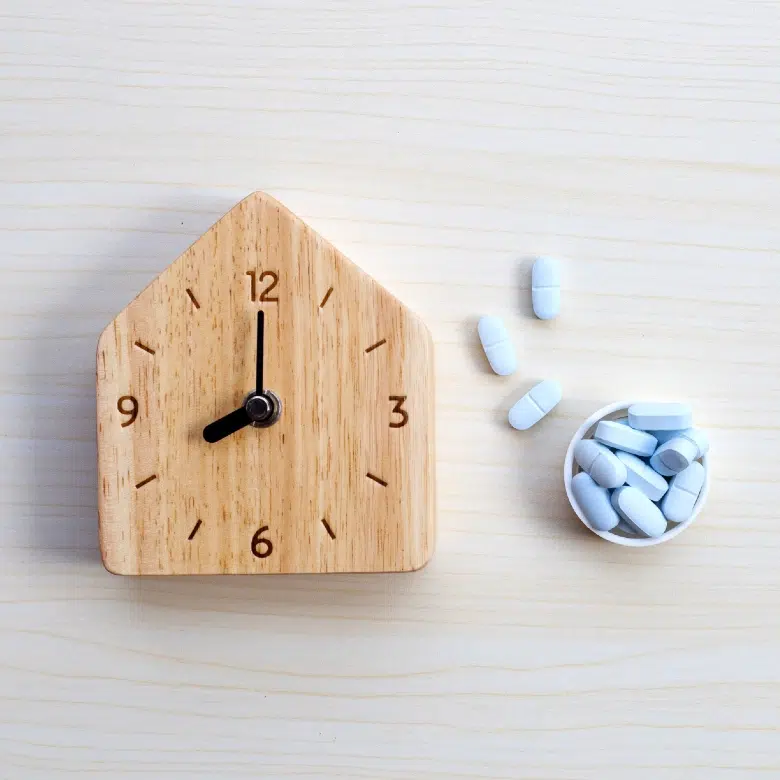What is PrEP?
PrEP (Pre-Exposure Prophylaxis) is a preventive medication taken daily to significantly reduce the risk of HIV infection in people who are at high risk. It’s a key component in HIV prevention strategies, particularly for those with ongoing exposure risks.
Who should consider PrEP?
PrEP is recommended for individuals at high risk of HIV, including:
- People with HIV-positive partners, especially if the partner’s viral load is not fully suppressed.
- Men who have sex with men (MSM) and are sexually active, particularly those with multiple partners or who engage in unprotected sex.
- Transgender individuals who engage in high-risk sexual activities.
- People who inject drugs and share needles or injection equipment.
- Sex workers and their clients, who face increased exposure risks.
- Anyone diagnosed with an STI in the past six months.
Can I Take PrEP After Potential HIV Exposure?
PrEP is meant for those at ongoing high risk of HIV, not for immediate use after a potential exposure. If you’ve recently been exposed to HIV, whether during sex or through sharing needles, PrEP isn’t the appropriate option. Instead, you should consider >Post-Exposure Prophylaxis (PEP), which is most effective when started as soon as possible—ideally within 72 hours of potential exposure. It’s important to consult with your doctor immediately to determine if PEP is right for you.
How effective is PrEP?
What are the side effects of PrEP?
Most people tolerate PrEP well, but some may experience mild side effects, including:
- Nausea
- Headaches
- Fatigue
- Stomach discomfort
These side effects often subside after the first month. In rare cases, PrEP may affect kidney function, so regular monitoring is essential.
How do I start PrEP?
To start PrEP, follow these steps:
- Consultation: Meet with a healthcare provider to discuss your risk factors and determine if PrEP is right for you.
- Testing: Before starting PrEP, you’ll need to undergo an HIV test to confirm your negative status, as well as kidney function tests and STI screenings.
- Prescription: If you’re a candidate for PrEP, your provider will prescribe a daily pill, and you’ll receive instructions on how to take it consistently.
- Education: You’ll receive guidance on maintaining adherence, managing side effects, and incorporating PrEP into your routine.
What if I miss a dose?
Is PrEP safe for long-term use?
Does PrEP protect against other STIs?
No, PrEP does not protect against other sexually transmitted infections (STIs) such as gonorrhea, chlamydia, or syphilis. To reduce the risk of STIs, it is recommended to use condoms consistently and get regular >STI screenings.
Do I need regular check-ups while on PrEP?
Yes, regular check-ups every three months are necessary while taking PrEP. These visits include:
- HIV Testing: To ensure you remain HIV-negative.
- Kidney Function Tests: To monitor for any potential side effects related to kidney health.
- STI screenings: To check for other sexually transmitted infections.
- Adherence Support: To discuss any challenges with taking PrEP daily and to provide strategies for maintaining adherence.
These check-ups are crucial to ensure that PrEP continues to be effective and that it remains the best option for your HIV prevention strategy. Regular monitoring also helps to manage any side effects or health concerns promptly.


